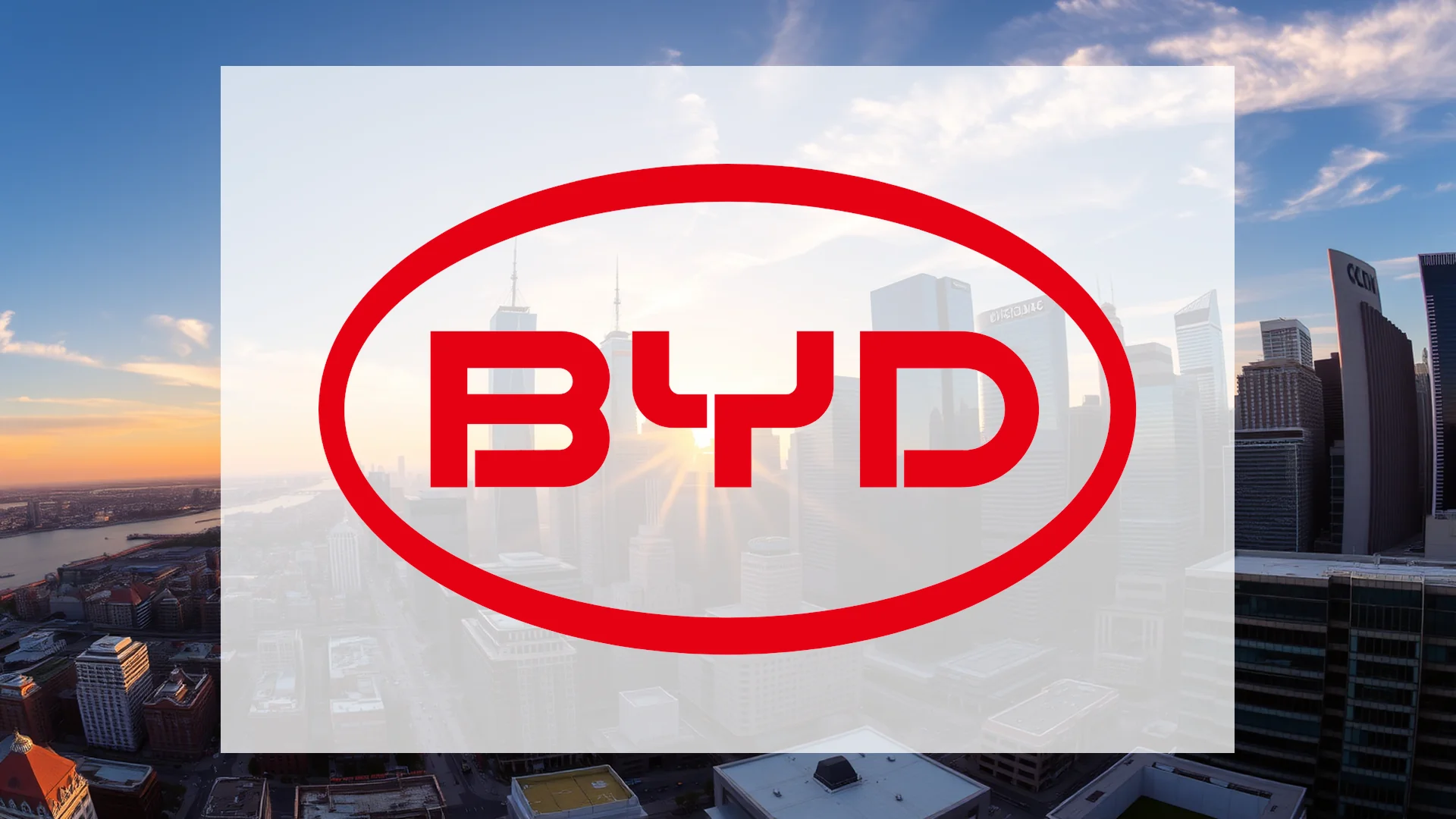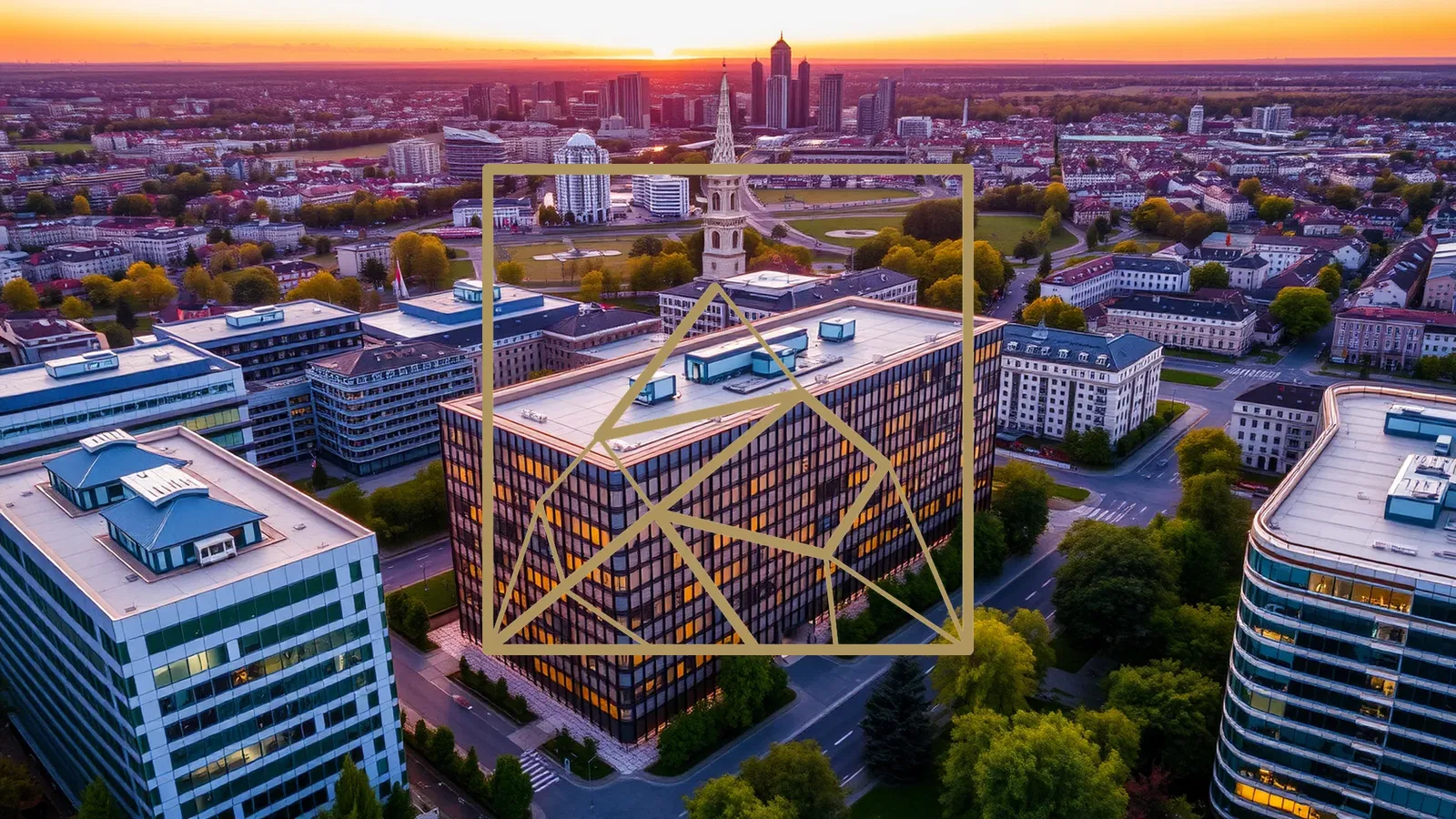Warren Buffett’s Berkshire Hathaway has liquidated its entire stake in Chinese electric vehicle manufacturer BYD, concluding an investment relationship that spanned nearly two decades. The transaction was disclosed in a regulatory filing from Berkshire Hathaway Energy, which reported the value of its BYD investment as zero as of the end of March 2025.
This definitive exit immediately impacted BYD’s share price. The stock declined by over 3% on the Hong Kong exchange, while its US-traded American Depositary Receipts (ADRs) experienced a sharper drop of approximately 4.17%.
Investor Sentiment Shifts as Major Backer Departs
The complete divestment by Berkshire signifies a substantial shift in the investment landscape for BYD. As recently as the end of 2024, the conglomerate’s energy subsidiary reported holding the investment with a value of $415 million. The latest filing confirms the total unwinding of this position, removing a long-standing vote of confidence from one of the world’s most renowned investors.
Beyond the Berkshire exit, BYD faces mounting financial pressures. The company recently revised its 2025 delivery target downward to 4.6 million vehicles, a significant reduction from its previously stated ambitious goal of 5.5 million units.
Delivery figures for July revealed the first monthly decline of the year, with 341,030 vehicles delivered compared to 377,628 in June. Year-over-year growth has nearly flattened, indicating potential saturation trends within the highly competitive Chinese EV market.
Should investors sell immediately? Or is it worth buying BYD?
BYD Maintains Market Leadership Amid Challenges
Despite these headwinds, BYD continues to hold a leading position in China’s electric vehicle sector. The company’s financial performance remains strong, with first-half 2025 revenue reaching 371.3 billion yuan. This represents a 23% increase compared to the same period the previous year and surpasses Tesla’s results for the same timeframe.
Global sales figures also demonstrate resilience. BYD sold 2,145,954 units worldwide in the first six months of the year, marking a 33% growth rate year-over-year. Its international expansion efforts are particularly noteworthy, with overseas sales surging 128% to 464,266 units.
Intensifying Competition Squeezes Profitability
The company is navigating an increasingly fierce price war in its domestic market. In May, BYD slashed prices on several entry-level models by roughly 30%, triggering industry-wide discount battles that are pressuring profit margins across the entire sector.
While Berkshire Hathaway’s departure does not directly affect BYD’s operational capabilities, it eliminates a key institutional anchor that had previously signaled stability and credibility to international investors. The market is now watching to see if the company can maintain its global appeal without the endorsement of Buffett’s long-standing investment.
Ad
BYD Stock: Buy or Sell?! New BYD Analysis from February 8 delivers the answer:
The latest BYD figures speak for themselves: Urgent action needed for BYD investors. Is it worth buying or should you sell? Find out what to do now in the current free analysis from February 8.
BYD: Buy or sell? Read more here...













